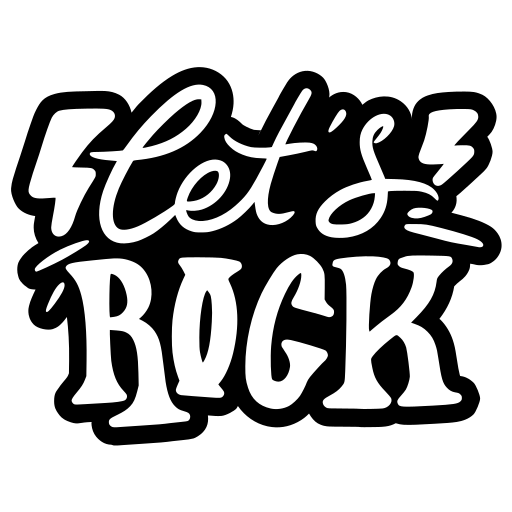The relationship between The Beatles post-breakup was notoriously varied and wayward. John Lennon, George Harrison, and Paul McCartney all kept in close contact with Ringo Starr and assisted him on his various solo projects, but the interactions between the three principal songwriters of the group alternated between warm friendship and harsh contention.
McCartney was usually the target for both Lennon and Harrison. Although Lennon was the one who originally left The Beatles for good, McCartney was the one who solidified the breakup and confronted it in the most antagonistic way. His first solo album was in direct sales contention with the final Beatles album Let It Be, and some of the songs on Ram appeared to slight his former band members in unflattering ways, most notably the digs at Lennon in ‘Too Many People’.
By contrast, Harrison and Lennon enjoyed something of a renewed friendship and creative partnership following the band’s demise. Despite having rejected a number of songs that would eventually end up on All Things Must Pass and being lukewarm on the album during interviews, musician Bobby Whitlock recalls: “I remember Lennon coming to the studio during the recording sessions quite friendly and being played it, and he was visibly blown away.” Harrison recorded a happy birthday message to Lennon during the sessions, and it eventually found its way on to the “Apple Jam” side of the record (Lennon is credited with adding handclaps to the jam ‘I Remember Jeep’).
Following those sessions, Lennon and Harrison’s dynamic thawed, with Lennon welcoming Harrison to his session for ‘Remember’ off the John Lennon/Plastic Ono Band record that also included Starr. The three got along well, and Lennon later extended an invitation for Harrison to contribute to his next album, Imagine. Although the experience was enjoyable for both, the dynamic shifted as Lennon departed for New York not long after.
Harrison compiled his book I, Me, Mine in 1980, which mostly contained lyrics and biographical information, with about 60 of the original 400 pages being dedicated to autobiographical material written by Harrison. In that autobiographical section, Harrison included a portion devoted to his musical inspirations. A noted snub was Lennon, at least according to Lennon himself.
During one of his final interviews, Lennon groused about his absence. “By glaring omission in the book, my influence on his life is absolutely zilch and nil,” he said. “I was just left out, as if I didn’t exist. He remembers every two-bit sax player or guitarist he met in subsequent years. I’m not in the book.”
That wasn’t exactly true: Harrison did mention Lennon a few times, but with regards to his role in Harrison’s evolution as a musician and songwriter, not as an influence. Harrison mostly avoids speaking about The Beatles in I, Me, Mine, with McCartney and Starr also getting very few mentions.
Harrison later reflected on Lennon’s criticism with television presenter Selina Scott in 1987. “He was annoyed ’cause I didn’t say that he’d written one line of this song ‘Taxman’. But I also didn’t say how I wrote two lines of ‘Come Together’ or three lines of ‘Eleanor Rigby’, you know? I wasn’t getting into any of that. I think, in the balance, I would have had more things to be niggled with him about than he would have had with me.”
Even Yoko Ono defended Harrison. In the same interview where Lennon disparaged Harrison’s book, Ono added her two cents, saying: “I don’t think he really meant it The book was probably edited by people around him.” If even Ono is landing on George’s side, it’s not hard to think Lennon might have been slightly irrational in his taking umbrage of the book.




